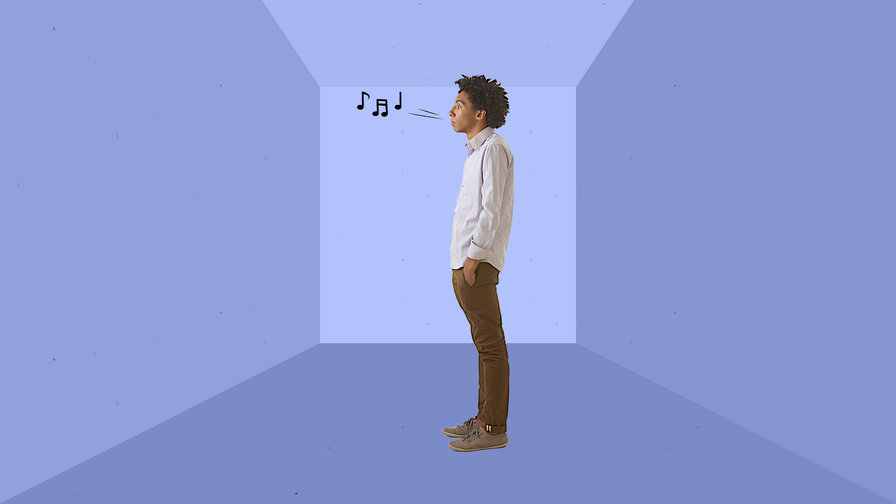
If you want to know the state of a nation, we generally look no further than online. A proper portrait, that does not yield. Look, instead, at the line in front of you, waiting for a cappuccino or to pay for groceries. Look into the cars surrounding you at a red light.
Look around anywhere in the public space, except at your phone. Then you’ll get a sense of where our heads are at.Our heads are down, perpetually angled at the screen, whenever a moment of potential boredom arises. Waiting for a meal? Barista taking too long? Or even the proper amount of time—those 30 seconds are crushingly dull. Caffeine is a secondary stimulation, a little jolt to turn your attention so that it can immediately be pulled into the innumerable waves of inattention on Instagram.

The Eyeball Economy: How Advertising Co-Opts Independent Thought Tristan Harris
Play Video
Play
Mute
Current Time 0:00
/
Duration Time 0:00
Loaded: 0%
Progress: 0%
Stream TypeLIVE
Remaining Time -0:00
Playback Rate
1
- Chapters
Chapters
- descriptions off, selected
Descriptions
- subtitles off, selected
Subtitles
- captions settings, opens captions settings dialog
- captions off, selected
Captions
Audio Track
Fullscreen
This is a modal window.
Caption Settings Dialog
Beginning of dialog window. Escape will cancel and close the window.
TextColorWhiteBlackRedGreenBlueYellowMagentaCyanTransparencyOpaqueSemi-TransparentBackgroundColorBlackWhiteRedGreenBlueYellowMagentaCyanTransparencyOpaqueSemi-TransparentTransparentWindowColorBlackWhiteRedGreenBlueYellowMagentaCyanTransparencyTransparentSemi-TransparentOpaque
Font Size50%75%100%125%150%175%200%300%400%
Text Edge StyleNoneRaisedDepressedUniformDropshadow
Font FamilyProportional Sans-SerifMonospace Sans-SerifProportional SerifMonospace SerifCasualScriptSmall Caps
DefaultsDone
The Eyeball Economy: How Advertising Co-Opts Independent Thought

Tristan Harris
Design Thinker, Philosopher, Entrepreneur
05:30
Where did boredom go? What happens when we stop allowing ourselves the habit of staring into space, letting our minds wander? Instead of a deluge of constant information, can we, as Michael Harris writes in The End of Absence, “engineer scarcity in our communications, in our interactions, and in the things we consume?”
Research recently published in Personality and Social Psychology Bulletin suggests that might be a good thing. According to lead researcher Thuy-vy Nguyen at the University of Rochester, 15 minutes of device-free solitude deactivates high arousal emotions while reducing stress and promoting relaxation.
Boredom has benefits.Maybe solitude just needs rebranding. As the research team writes, it is often related to social rejection, withdrawal, and isolation, with being shy and lonely. Why suffer any of these fates when a friend can beckon you from your pocket? Yet, ironically, being virtually connected triggers many of these very conditions. We never feel so lonely as when engulfed by our virtual friends.
To set the stage in the four studies included in this research, the team writes:
…
The post How 15-Minute Boredom Sessions Can Help You Manage Stress and Emotions appeared first on FeedBox.